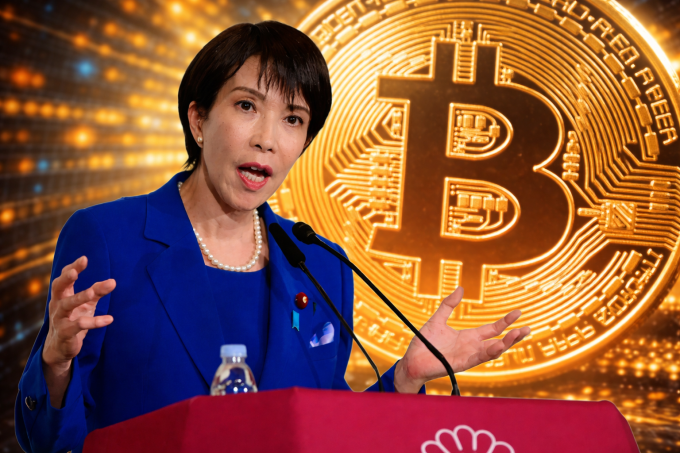Mastercard is reportedly in late-stage talks to acquire crypto infrastructure provider ZeroHash for between $1.5 billion and $2 billion, a development that could dramatically deepen its involvement in stablecoins and crypto payment rails. The potential move comes as traditional financial firms intensify their efforts to integrate digital-assets capabilities amid evolving regulatory and market dynamics.
Market Reaction
The news triggered a modest uptick in crypto-infrastructure and stablecoin-plugin stocks, while major cryptocurrencies remained relatively flat, highlighting that the market views this more as structural than speculative. While Bitcoin (BTC) held around $110,000 and Ether (ETH) remained near $3,900, interest in infrastructure plays rather than spot crypto appears to be increasing. For crypto-native firms, this marks an important signal: a major payments network is moving beyond pilot programs into potential acquisition-driven scale-up of crypto rails.
Regulatory and Technical Implications
ZeroHash specialises in fiat-to-crypto conversion, custody and staking infrastructure, and has processed billions of dollars in tokenised flows. The proposed deal would give Mastercard a ready-made stablecoin and blockchain backend capability. Regulatory scrutiny is likely to intensify: large-scale acquisitions in the crypto-infrastructure space draw antitrust, payments-and-securities oversight and cross-border concerns. For institutions and professional investors this means the roadmap toward stablecoins as payment rails is accelerating, but so are the regulatory hurdles and compliance burdens.
Investor Sentiment and Strategic Outlook
For crypto-focused investors and institutions, Mastercard’s interest in infrastructure rather than speculation suggests a shift in strategic priorities: moving toward embedded crypto-rails rather than standalone tokens. The acquisition price range—up to $2 billion—reflects the value attributed to scale and regulation-ready infrastructure rather than hype. In Israel and other advanced tech hubs involved in digital-asset services, the ripple effect could be material: higher demand for Bespoke backend services, custody solutions and stable-token integrations from global payment providers. Yet, this also raises the bar for suppliers and increases competition from large incumbents.
Looking ahead, crypto-investors and institutions should monitor whether the deal closes, its integration plans and how Mastercard plans to deploy the infrastructure-capability globally. Key risk factors include regulatory clearance, competitive responses (for instance from Visa or fintech players) and technology-integration execution. On the opportunity side, successful deployment could accelerate stablecoin adoption in mainstream payments and enhance interoperability across financial-asset markets.
Comparison, examination, and analysis between investment houses
Leave your details, and an expert from our team will get back to you as soon as possible













https://shorturl.fm/nnzrl